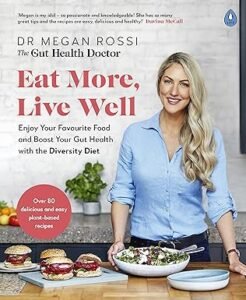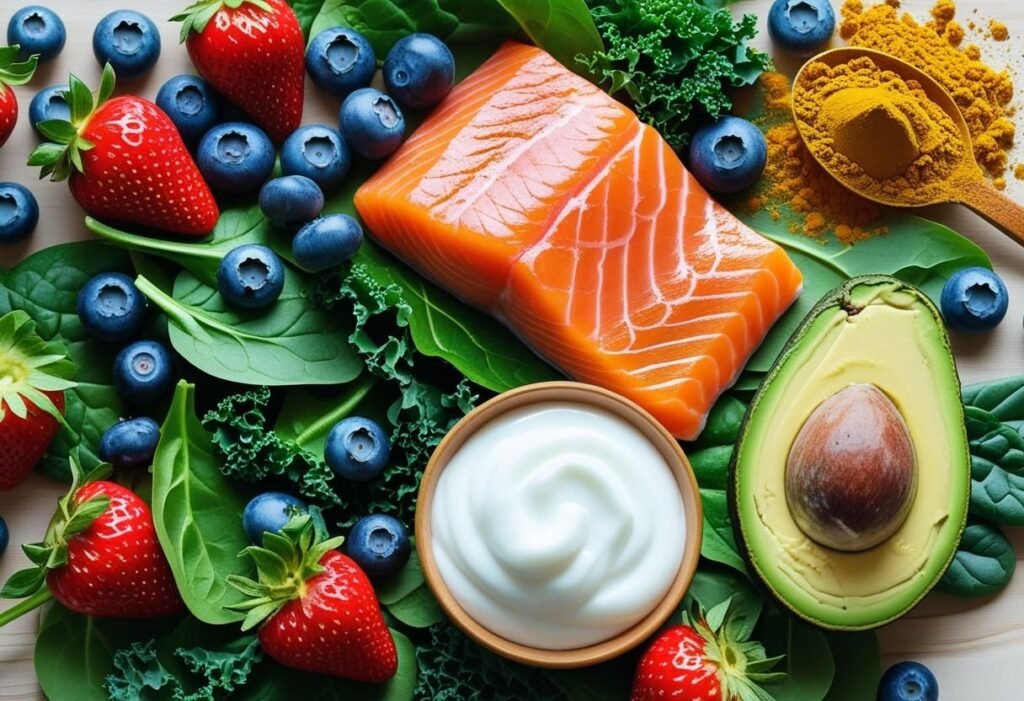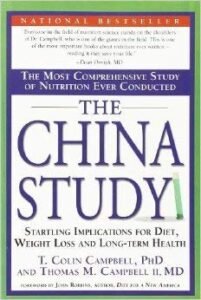Functional foods are among the most important trends in modern nutrition. More than just fuel, functional foods actively improve gut health, boost immunity, balance hormones, support heart health and even enhance longevity.
Think of blueberries packed with antioxidants, fermented foods that nurture the microbiome, or omega-3-rich salmon that protects against heart disease. These everyday ingredients are more than “healthy choices” they’re functional foods backed by decades of scientific research.
In this article, you’ll learn what functional foods are, the science behind their benefits, recommended products to add to your daily routine and expert-written books to explore functional nutrition further
What Are Functional Foods?
Functional foods are defined as everyday foods that deliver health benefits beyond basic nutrition. The concept first emerged in Japan in the 1980s with FOSHU (Foods for Specified Health Use), and today it’s a cornerstone of modern diet and lifestyle medicine.
They fall into three categories:
-
Natural functional foods: e.g., berries, legumes, cruciferous vegetables, oily fish.
-
Fortified foods: e.g., calcium-enriched plant milks, vitamin D-fortified cereals, probiotic yogurts.
-
Engineered functional foods: e.g., mushroom coffee, prebiotic sodas, protein bars enriched with fiber.
7 Science-Backed Benefits of Functional Foods
1. Functional Foods for Cardiovascular Health
-
Beta-glucans in oats lower LDL cholesterol by binding bile acids.
-
Omega-3 fatty acids reduce triglycerides and improve arterial function.
2. Nutrition That Supports Brain Function & Mood
-
Prebiotics (inulin, resistant starch) fuel gut bacteria, producing SCFAs like butyrate.
-
Probiotics enhance intestinal barrier function and microbiome diversity.
3.Nutrition That Supports Brain Function & Mood
-
Polyphenols in cocoa, green tea, and blueberries reduce oxidative stress.
-
Fermented foods improve mood via the gut-brain axis.
4. Foods That Balance Hormones
-
Soy isoflavones act as phytoestrogens, easing menopausal symptoms.
-
Omega-3s support fertility and reproductive health.
5. Functional Foods for Longevity
-
Mediterranean diet staples (olive oil, legumes, cruciferous vegetables) reduce chronic disease risk.
-
Antioxidants protect against cellular aging.
6. Anti-Inflammatory Foods for Better Health
-
Turmeric (curcumin) reduces inflammatory markers like CRP.
-
Omega-3s downregulate pro-inflammatory cytokines.
7. Nutrient-Rich Foods for Energy & Metabolism
-
Whole grains provide steady glucose release.
-
Adaptogens (like ashwagandha, reishi mushrooms) support stress resilience.\
Recommended Books on Functional Foods & Nutrition
Expand your knowledge of functional foods with these expert resources:
 |
Beyond Foods: The Handbook of Functional Nutrition (Barbara Swanson, 2019) |
|
|
The China Study (T. Colin Campbell) |
 |
Ultra-Processed People (Chris van Tulleken, 2023) |
 |
Eat Yourself Healthy / Love Your Gut (Dr. Megan Rossi, 2019) |
 |
Eat More, Live Well (Dr. Megan Rossi, 2021) |
|
|
The Young Forever Cookbook (Dr. Mark Hyman) |
Key Takeaways
-
Functional foods improve heart health, gut balance, hormones, brain function, inflammation and longevity.
-
Incorporating them daily is simple: add probiotics, swap sugary drinks for prebiotic sodas, or enjoy antioxidant-rich produce.
-
The recommended products and books provide practical tools to put functional nutrition into action.
Call to Action
🌱 Functional foods are a science-backed way to eat smarter and live longer. 🌱
Start today: add a probiotic yogurt to breakfast, try a turmeric latte, or swap your afternoon coffee for a mushroom blend. For deeper insights, explore one of the recommended books — your future self will thank you
👉For more practical posts on nutrition, health, and patient behaviour, explore the full Meducate blog.
References
-
Slavin, J. (2013). Fiber and Prebiotics: Mechanisms and Health Benefits. Nutrients.
-
Calder, P. C. (2017). Omega-3 fatty acids and inflammatory processes. Biochem Soc Trans.
-
Gibson, G. R., et al. (2017). The ISAPP consensus on the definition and scope of prebiotics. Nat Rev Gastroenterol Hepatol.
-
Grosso, G., et al. (2017). Dietary polyphenols and human health. Nutrients.
-
Estruch, R., et al. (2013). Mediterranean diet and cardiovascular prevention. NEJM.
Affiliate Disclaimer
This article contains affiliate links. If you purchase through these links, we may earn a small commission at no extra cost to you. We only recommend products and books we believe provide real value.



 .
.